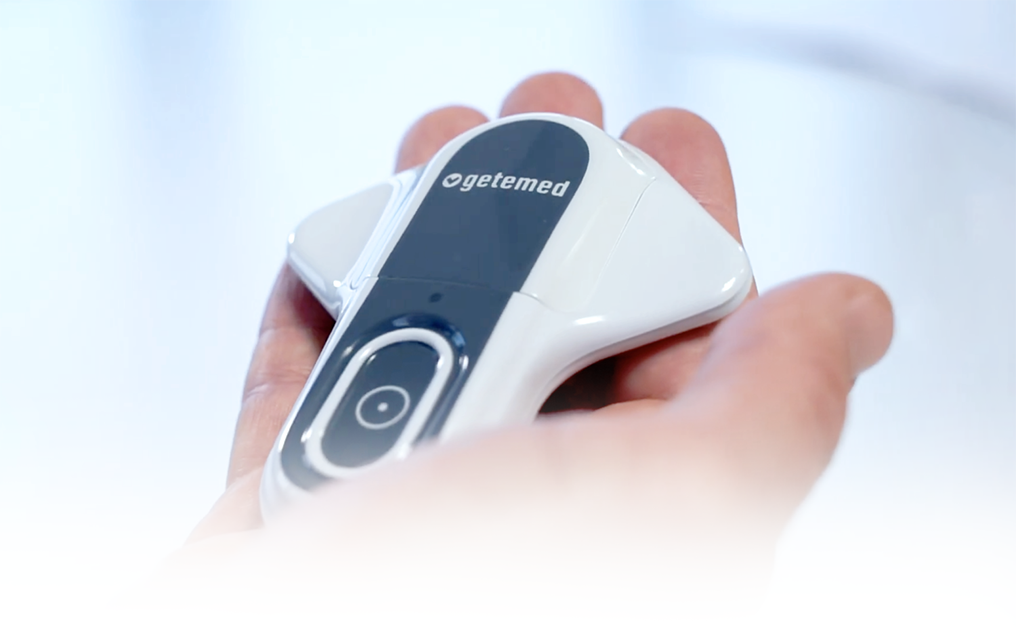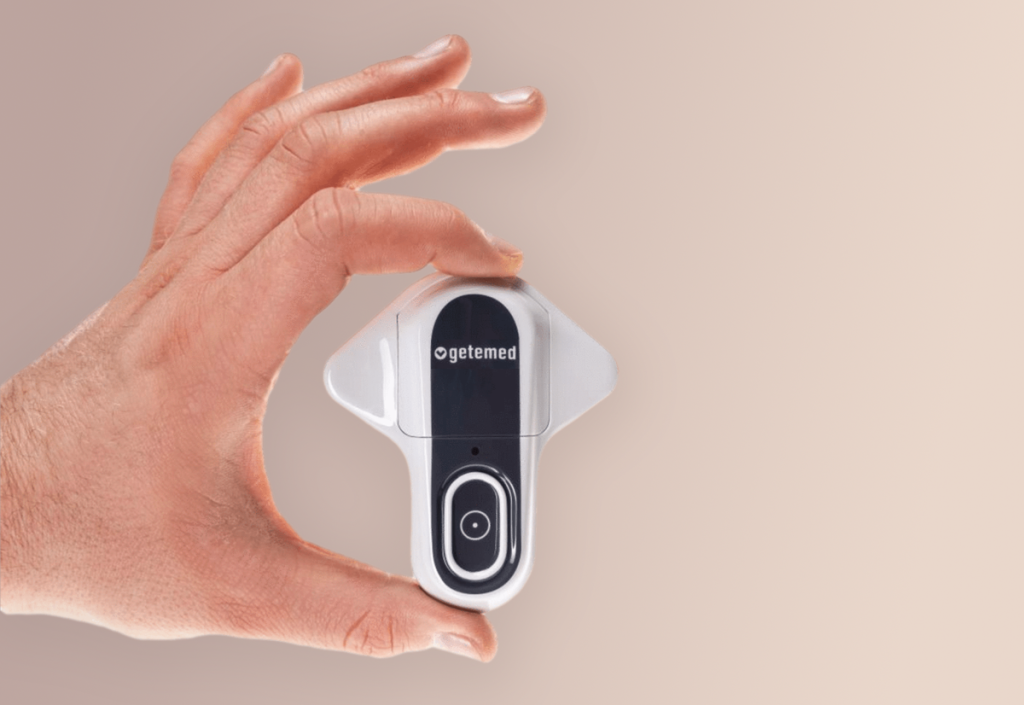
ECG AT HOME
What is a
14-day ECG and what are
its benefits?
ECG stands for electrocardiogram and refers to an examination method with which electrical heart activity can be measured. It is necessary in order to precisely determine the causes of irregularities in the heart rhythm.
How is it different from the app?
The result of the app is a tentative diagnosis, but not a final diagnosis in the medical sense. A final diagnosis of atrial fibrillation can only be made with an ECG in accordance with the guidelines in order to provide you with comprehensive and prompt care.
Why should I choose a 14-day ECG?
The program’s 14-day ECG can record cardiac activity over a period of up to 14 days. This makes sporadic episodes of atrial fibrillation much more likely to be „caught“ than with a 24-hour ECG, which you typically receive from your primary care physician or cardiologist. In most cases, however, enough meaningful information is available after just a few days, so that the duration of wear can be shortened. The small ECG device does not require any cables and is therefore much more comfortable to wear on the chest than conventional 24-hour ECGs.

How is the data evaluated?
You choose in the app whether you want to attach the ECG together with a cardiologist on site, or whether the ECG is sent to your home and you want to be instructed by the telecardiologist by telephone.
In both cases, the doctor already has your measurement results from the app, so he can begin the examination using the 14-day ECG in a targeted manner. While you are wearing the 14-day ECG, all abnormal measurements are transmitted to the (tele-) cardiologist. If there is enough meaningful data, or the 14 days are up, the doctor ends the examination and makes a final diagnosis based on the ECG data.

